If you find yourself offering kids sports or energy drinks to help them recuperate after high activity in the summer heat, it’s time to rethink your choice of beverages. Although sports drinks can help replenish electrolytes, sports and energy drinks contain high amounts of sugar and damaging ingredients that contribute to dental erosion. Here we look at the difference between sports drinks vs.energy drinks, what they’re used for, and their impact on dental health.
What Is Dental Erosion?
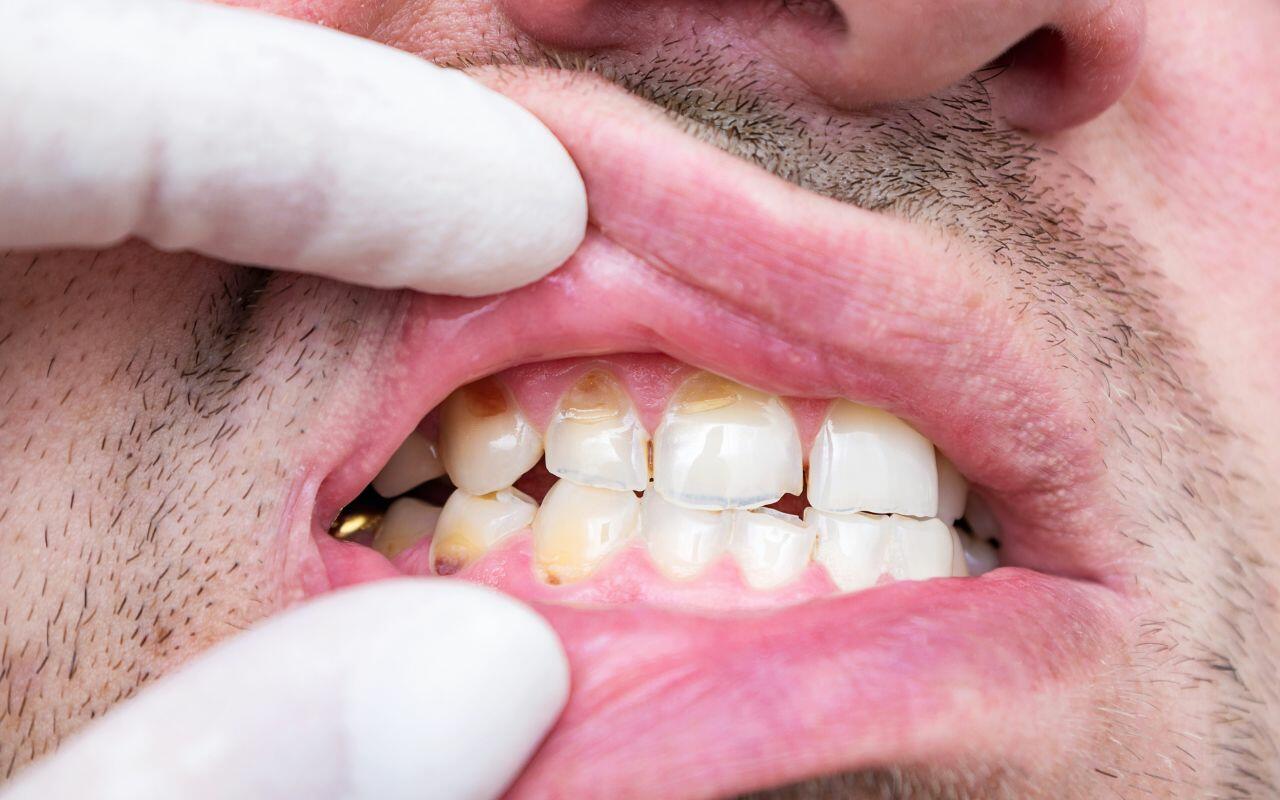
Dental erosion is a loss of dental enamel caused by the softening of the tooth’s hard outer layer. Exposure to acids found in many foods and beverages contributes to dental erosion. As the enamel thins, it exposes the softer layer below, making teeth more vulnerable to decay and cavities. Therefore, everyone needs to avoid acidic food and beverages, including energy and sports drinks.
What Is The Difference Between Sports Drinks And Energy Drinks?
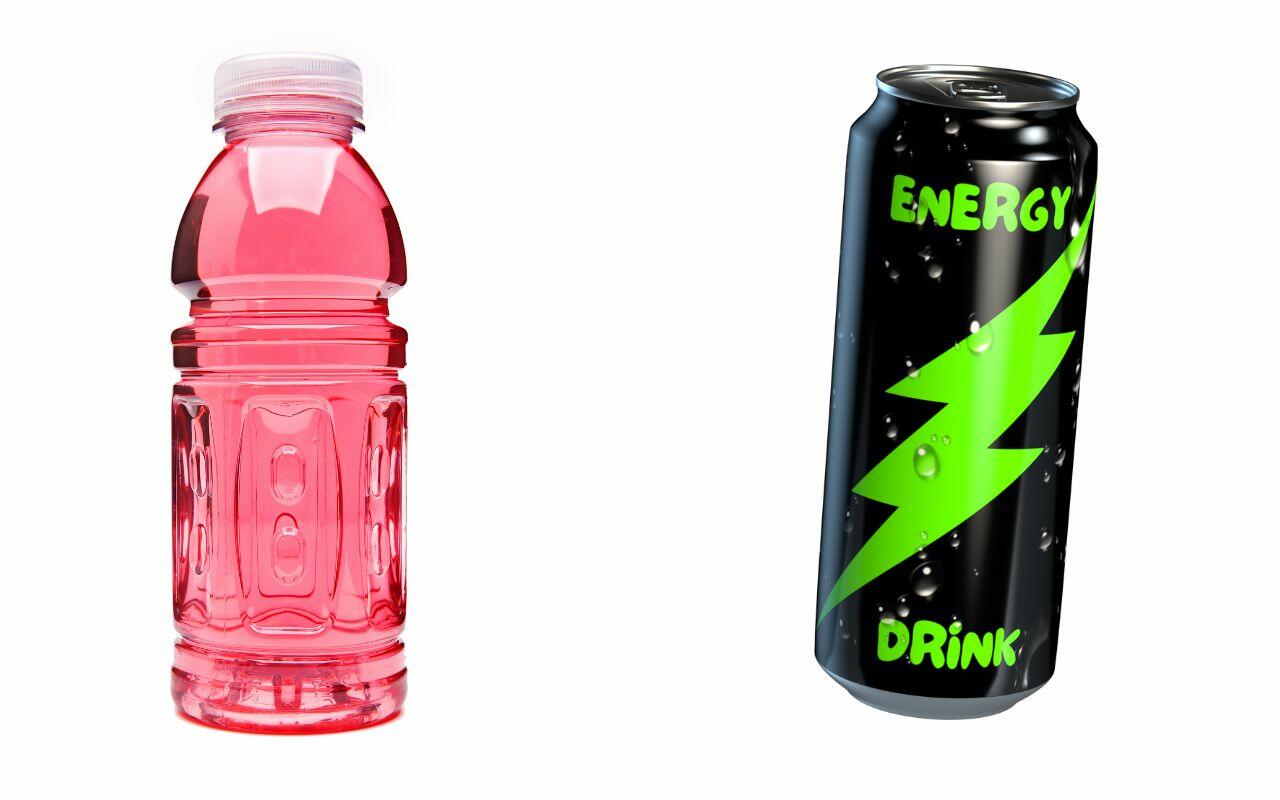
Sports drinks help replenish the electrolytes lost from sweating during high activity. Although they contain a lot of water and carbs to help athletes refuel and build energy, they also contain a lot of sugar and acids. Ingredients such as potassium and sodium help replenish lost electrolytes, while water and carbohydrates provide more energy. Although sports drinks can help replace electrolytes in the heat and during/after high activity, it’s essential to consider the high sugar and acidity content and reach for water instead.
Energy drinks are less helpful and focus on high caffeine content to boost energy. Caffeine is a stimulant that affects the central nervous system, so energy drinks’ side effects include a fleeting boost of energy followed by a “crash”. Making matters worse, energy drinks – like sports drinks – also contain a lot of sugar and acid.
Although children should avoid both options, energy drinks are far more harmful. Their high sugar and caffeine content creates a very unhealthy “buzz” with zero nutritional value or benefit.
Why Are Energy Drinks Worse Than Sports Drinks?
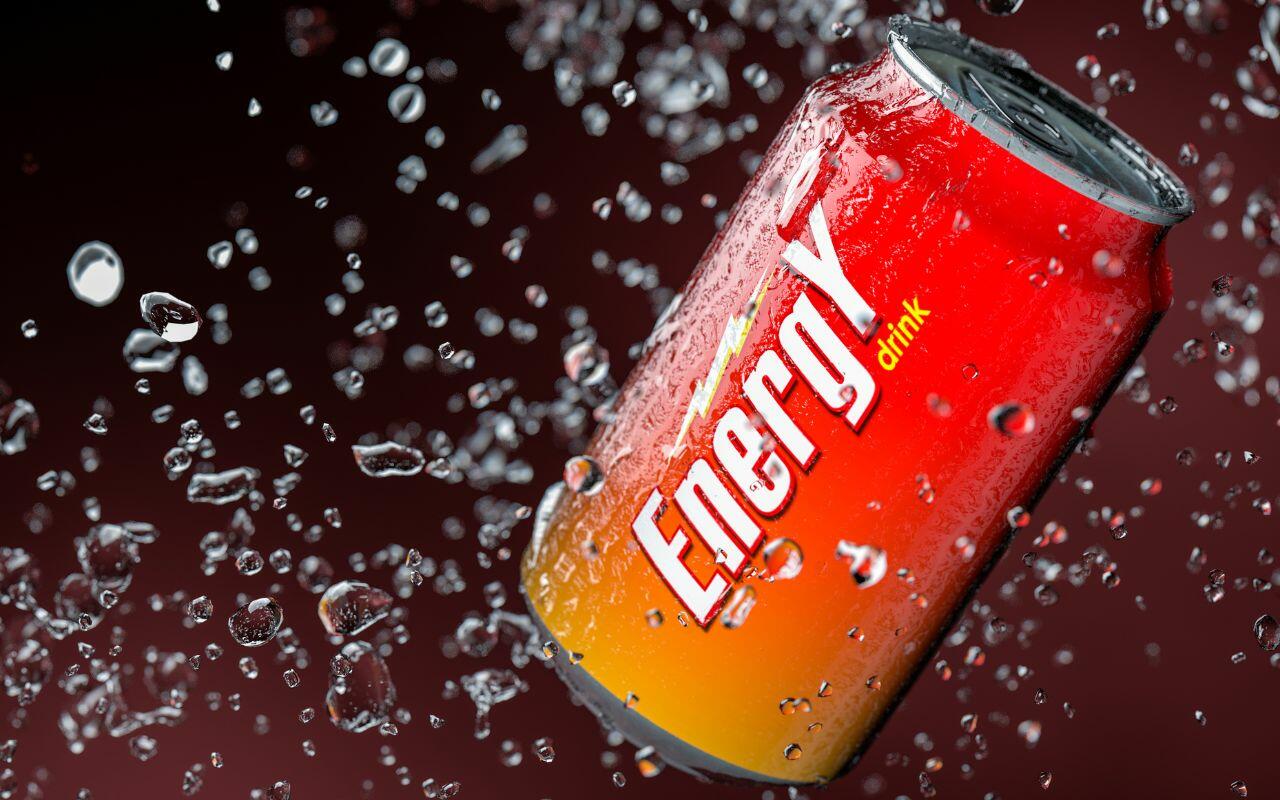
Often parents and athletes mistakenly think drinking energy or sports drinks is better than choosing other sugary beverages like pop. However, both are just as bad, and often worse for teeth than soda. However, when comparing the two drinks, research shows that the acidity of energy drinks is twice as high as that found in sports drinks. Combined with a low pH level, the energy drink is so acidic that it dissolves tooth enamel.
Are sugar-free energy drinks bad for your teeth?
Yes, they are just as bad as other energy drinks.
What are the side effects of energy drinks in kids?
Energy drink side effects may include:
- The jitters and restlessness
- Irritability
- Increased heart rate and blood pressure
- Sleep disturbances
- Seizures
- Tooth decay
- Possible weight gain
What do energy drinks do to your teeth?
To help explain the effects of energy drinks on teeth, we first have to look at the natural environment of the mouth. Saliva has a neutral pH level of about 6.8 to 7. However, even a sip of an acidic drink causes those levels to drop to as low as 2. It takes about half an hour to restore normal levels when pH drops. During that time, the acid has free reign to cause damage — it’s like soaking teeth in acid. The impact is actually far worse since most people won’t stop at a sip, they will consume an entire can or bottle of an energy drink.
What are the dangers of energy drinks for kids’ oral health?
To put things in perspective, the average mouth has a pH level of about 7, acidic energy drinks are approximately 3.2, and battery acid is 1! Adding to the impact on your child’s dental health, increased energy from energy drinks can also cause some kids to grind their teeth. This can increase the risk of tooth damage or even tooth loss. Others might also experience acid reflux, causing acids from the stomach to reach the mouth. This can reduce pH levels further while increasing acidity, bacteria, and the risk of enamel loss and tooth decay.
What is taurine in energy drinks?
Taurine is an amino acid occurring naturally in the brain, retina, heart, and reproductive organ cells. It is also found in seafood and meat and is a significant ingredient in energy drinks. Forms of single amino acid supplements like taurine can cause growth problems in children and can also put a strain on the kidneys.
Does That Mean Sports Drinks Are Okay?
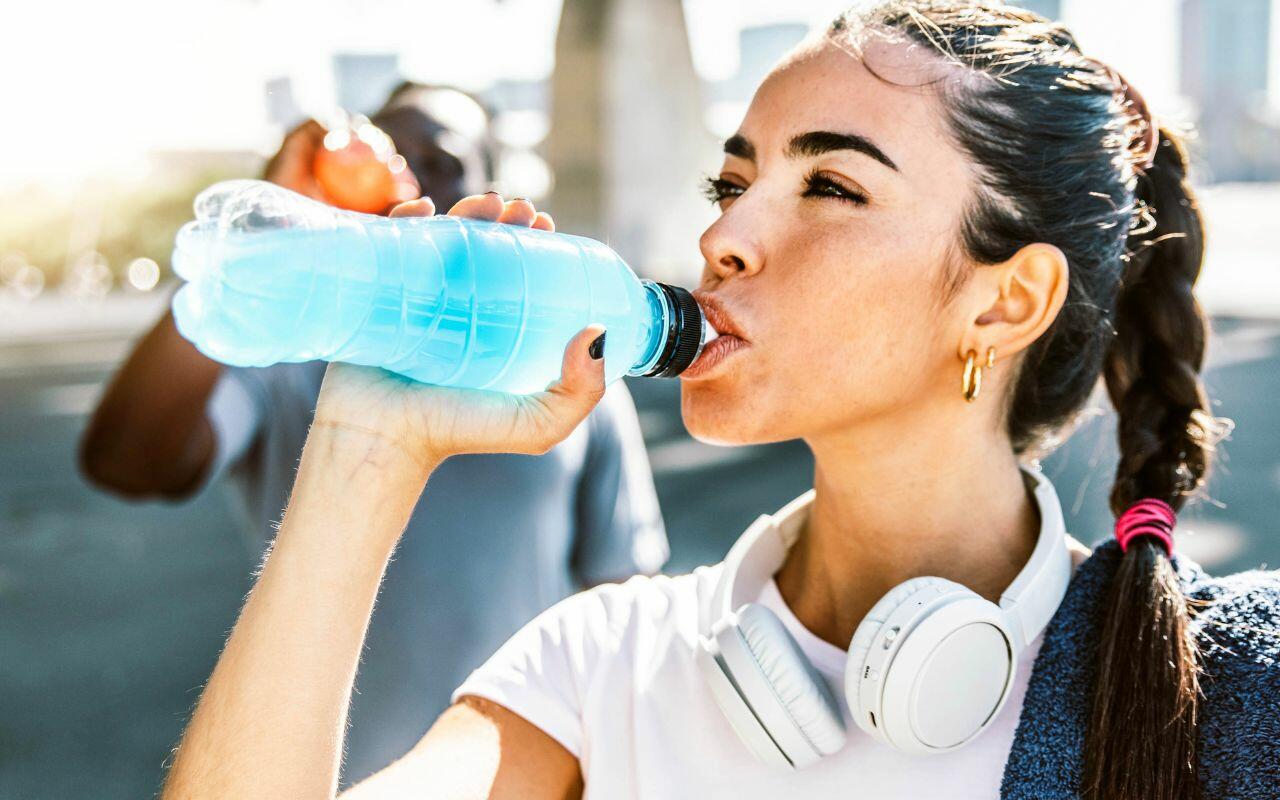
No! Although sports drinks are not quite as bad as energy drinks, they are still harmful because they have high sugar and acidity levels that weaken tooth enamel. Other issues related to weakened tooth enamel from sports drinks include:
- Tissue damage under the enamel
- Hypersensitivity to cold, hot, and touch
- Teeth staining
Tips to avoid tooth damage from sports drinks
If, for some reason, sports drinks can’t be avoided, some tips to reduce the damage include:
- Limit drinking sports drinks to times of physical activity, such as sips at a soccer game in intense heat
- Always provide sips with a straw so the teeth don’t come in direct contact with the acid and sugar
- Choose low sugar/low acid sports drinks whenever possible
- Combine sips of water with the sports drink to help flush out the acid
- Never rinse a mouthguard with sports drinks
- Do not brush your teeth until at least 45 minutes after drinking sports drinks, as the abrasiveness of the brush and toothpaste can make enamel more vulnerable to the acid
Is Gatorade an energy drink or sports drink?
Gatorade is a sports drink.
What Are Healthy Alternatives To Sports Drinks?
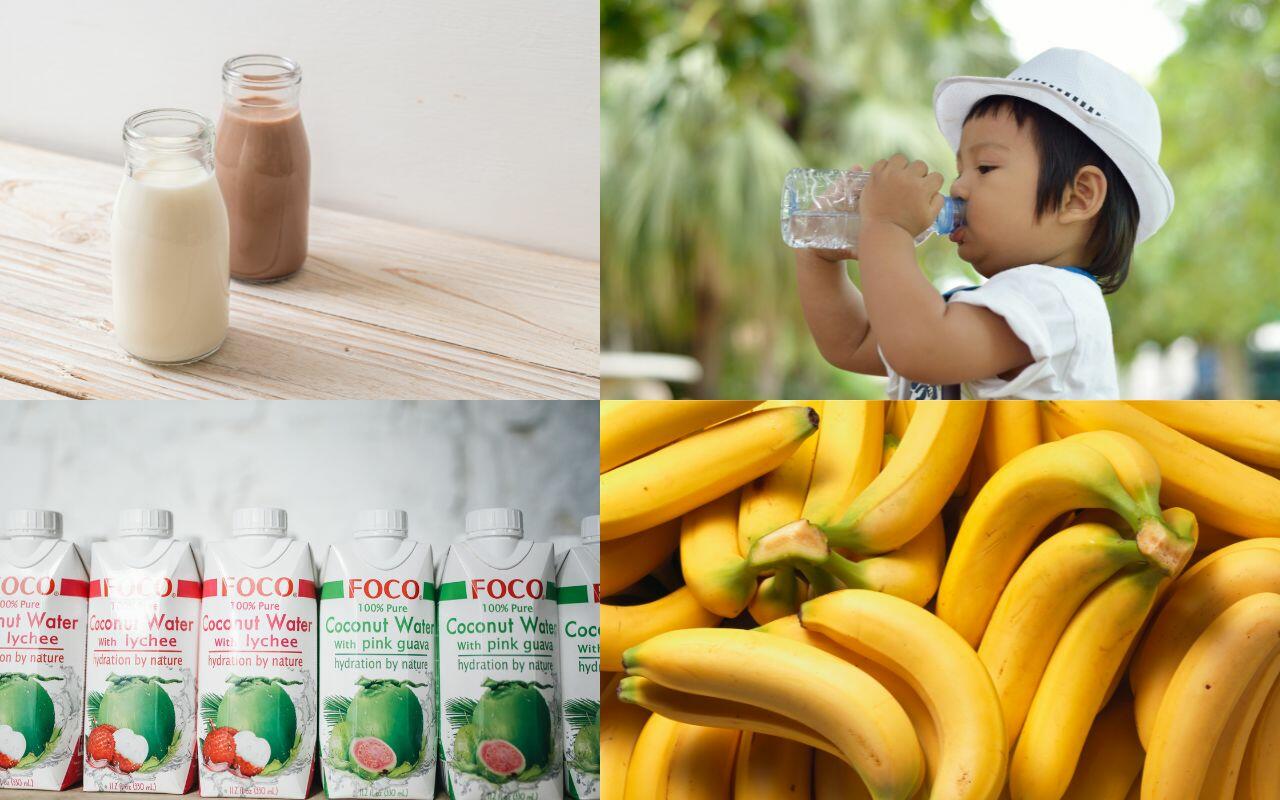
There are some healthier ways to help replenish electrolytes without the risks of enamel erosion, including:
- Coconut Water contains nutrients and electrolytes such as potassium, sodium, manganese, and contains no artificial flavours, dyes, or sugars.
- Bananas and sips of water are the ideal snack combo for active kids (and adults). Bananas are high in potassium, and water keeps kids hydrated.
- Chocolate milk is a popular drink with kids, and although it does contain sugar, it also provides carbs and protein, along with nutrients like Vitamins A and D, iron, and calcium to help strengthen young bones.
As you can see, although sports and energy drinks might seem like a healthy choice for active kids, their high acid content dramatically increases the risk of enamel erosion and tooth decay.
To find out more about how you can prevent dental erosion through your nutrition and beverage choices, call us at 905-775-5307, or click here to request an appointment.
